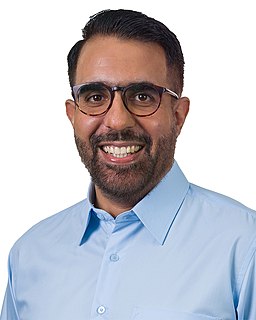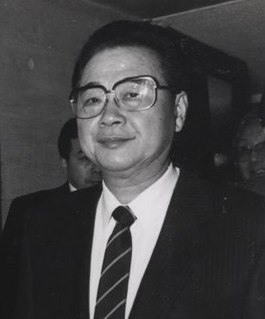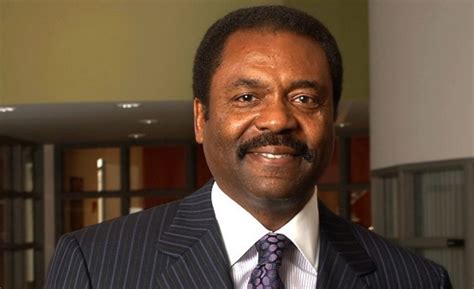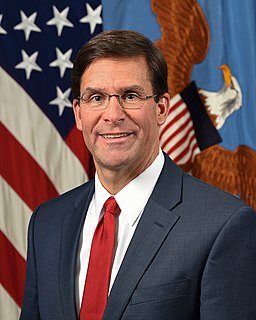A Quote by Pritam Singh
While I am skeptical about the long term viability of one-party dominant political systems, I have great admiration for Deng Xiaopeng and the reforms he set China on after 1979.
Related Quotes
I knew Deng Xiaoping when he came out of prison. He had, after all, been imprisoned for nearly ten years by Mao. I know what China looked like before he took over, and so in my own mind, I don't think of Deng Xiaoping as an oppressor. I think of somebody who, faced with that crisis, made a very painful and decision with which I cannot agree. But I also think of him as a great reformer.
I can't imagine here would be a Chinese Gorbachev. But the party will gradually open up. For instance, it has already set a time limit for political reforms in Hong Kong. And in four years time, there won't be a strongman to name the General Secretary at the party congress. That means that the various factions will have to develop better rules for naming their leader. But there won't be a timeline for political reform.
What is applicable is to understand that first of all China has undergone a huge revolution in the last years. Anyone who saw China as I did in 1971 - and for that matter even in 1979, because not much had changed between 1971 and 1979 - and sees China today, knows one is in a different economic system.
I think China thinks information technology is less important than we think it is in the US, economically, and more important politically. And so Chinese internet companies are extremely political, they're protected behind the great firewall of China, and investment in Alibaba is good as long as Jack Ma stays in the good graces of the Chinese communist party. Alibaba is largely copying various business models from the US; they have combined some things in interesting new ways, but I think it's fundamentally a business that works because of the political protection you get in China.
Even if Zuma was to develop the authoritarian impulses of a Mugabe, he would be checked - not least by his own party, which set a continental precedent by ousting Thabo Mbeki in 2007, after it felt he had outstayed his welcome by seeking a third term as party president. The ANC appears to have set itself against that deathtrap of African democracy: the ruler for life.


































